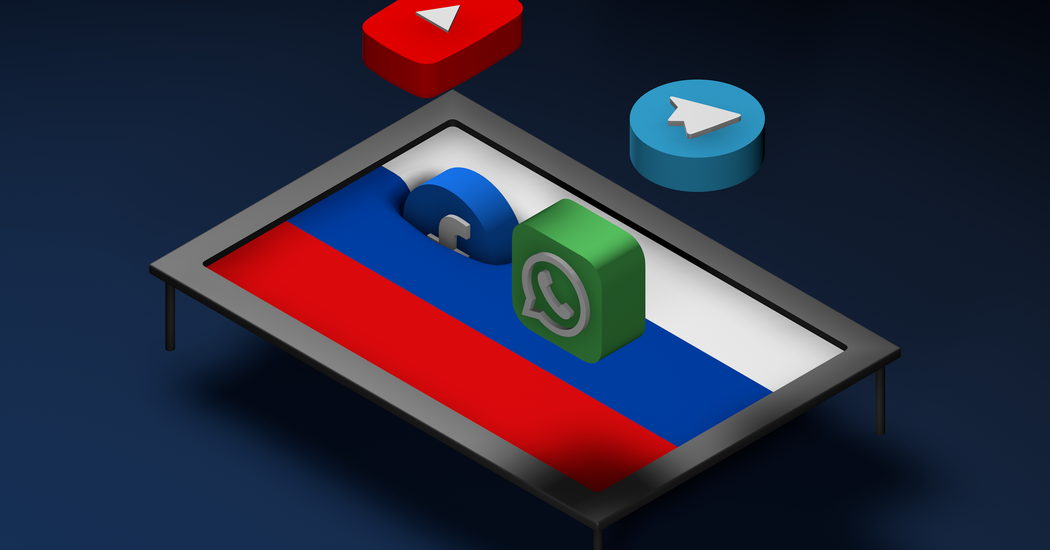Facebook and Twitter posted instructions in Ukrainian coaching locals to secure or deactivate their accounts to protect themselves from Russian threats. Google Maps stopped displaying traffic information within Ukraine over concerns it could create safety risks by showing where people are gathering.
Still, some Ukrainian officials are urging foreign tech companies to do much more than that. They want companies in Russia to freak out. Mykhailo Fedorov, Ukraine’s digital transformation minister, has used his Twitter account to shame Facebook, Google, Apple, Netflix and video game companies into stopping or limiting their tech services in Russia. According to Fedorov, this could provoke the Russians to revolt against their government’s invasion.
“By 2022, modern technology may be the best answer to tanks” and other weapons, he wrote in a letter to Apple’s CEO, Tim Cook.
Apple and Microsoft have said in recent days that they would stop selling their products in Russia. Cogent Communications, a US company that provides essential internet conduits, plans to cut ties with Russian customers, The Washington Post reported Friday. The decision could make it more difficult for Russians to go online uninterrupted.
Google also suspended all ads in Russia after the country’s internet regulator demanded that the company stop what it believes were commercial posts misinforming citizens about the invasion. Nick Clegg, Meta’s president of global affairs, tweeted on Friday that the company would try to recover its services from the Russian government’s blockade so that Russians could “express themselves and take action safely and confidently”.
David Kaye, a law professor and former United Nations special rapporteur on free speech, said it would be a mistake for tech companies to leave Russia completely at this point.
Mr Kaye said the harm from pro-Kremlin propaganda circulating online in Russia is relatively minor compared to the productive ways Russian citizens, activists and journalists used YouTube, Telegram, Signal, Instagram and Google and Apple smartphones.

